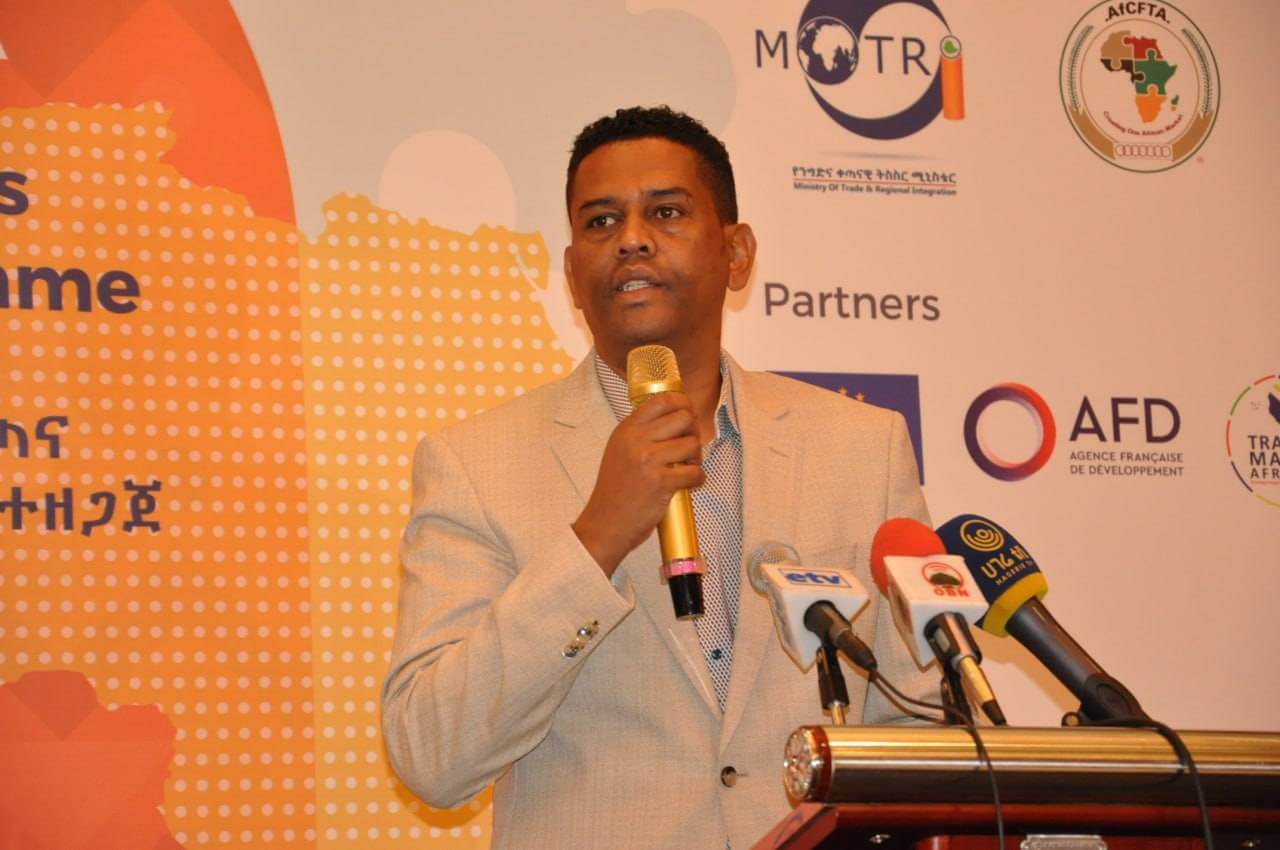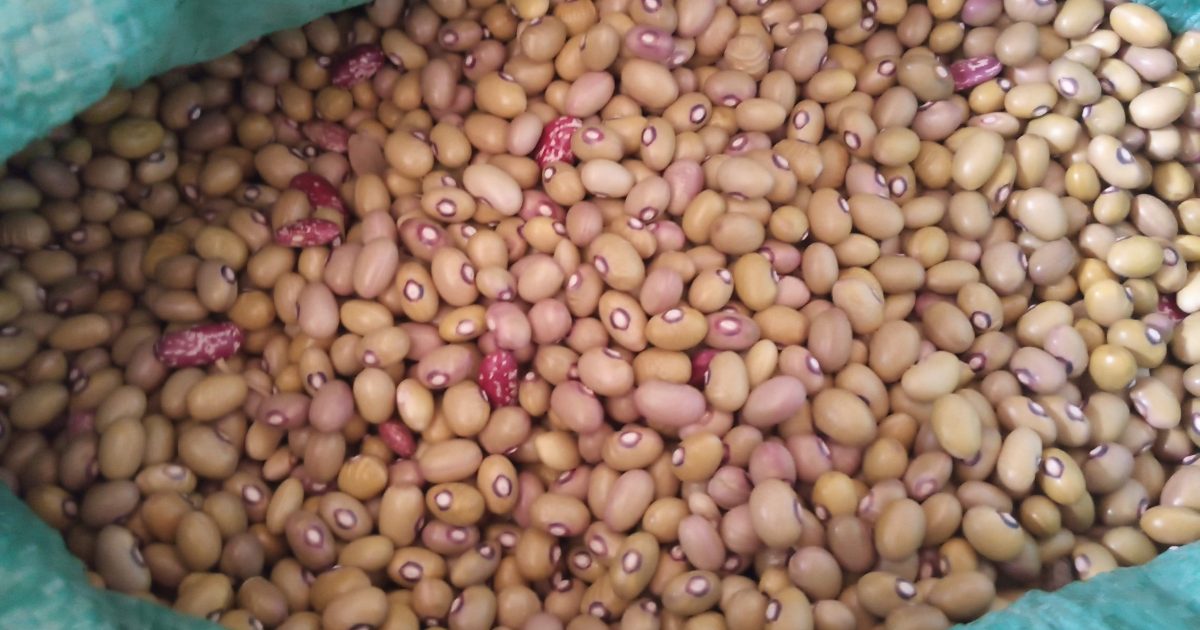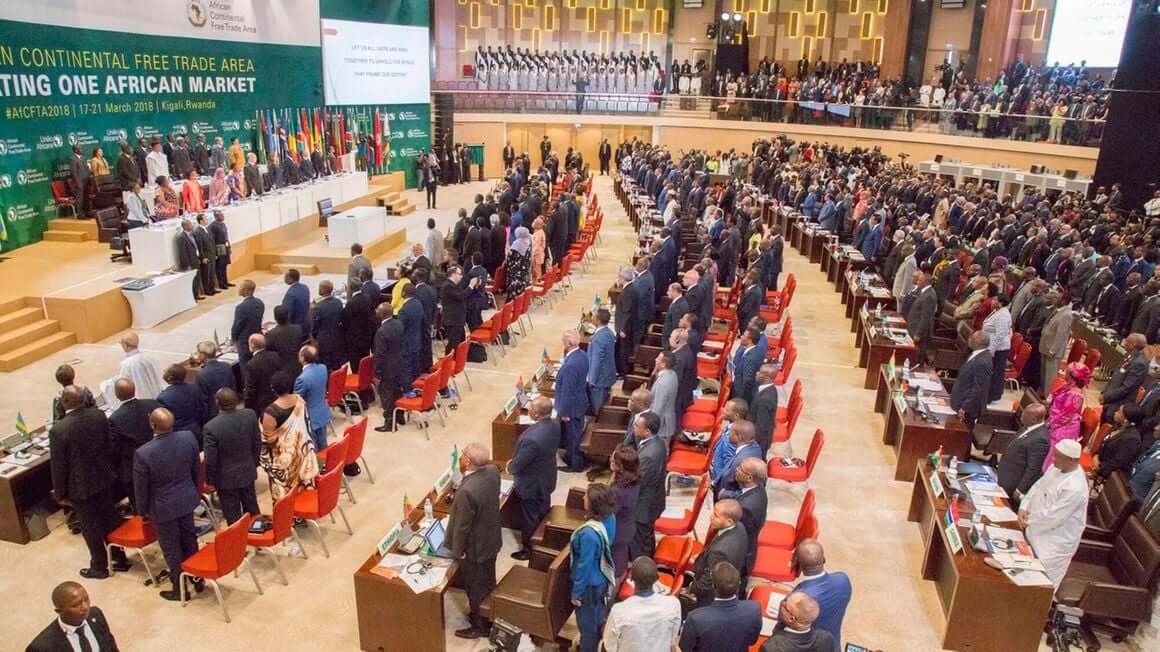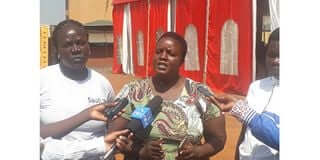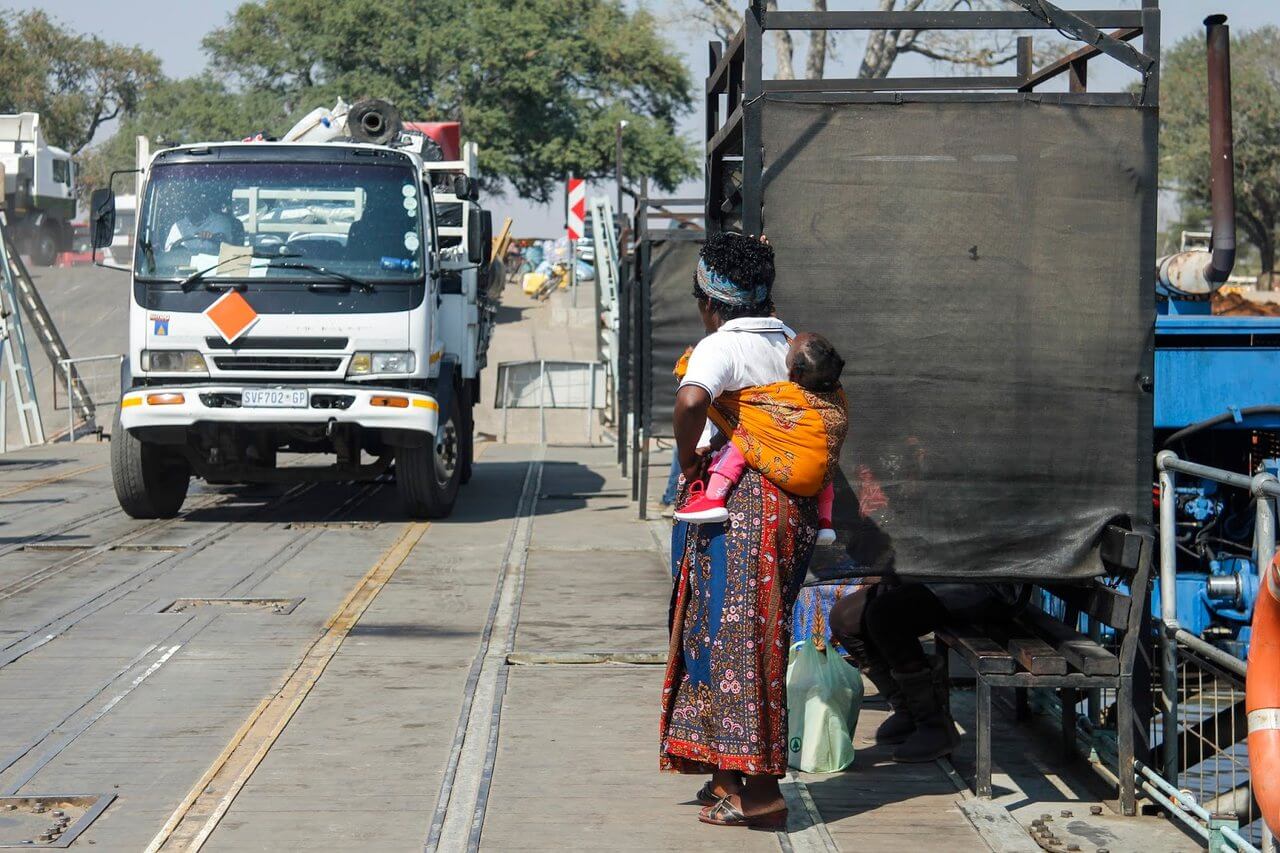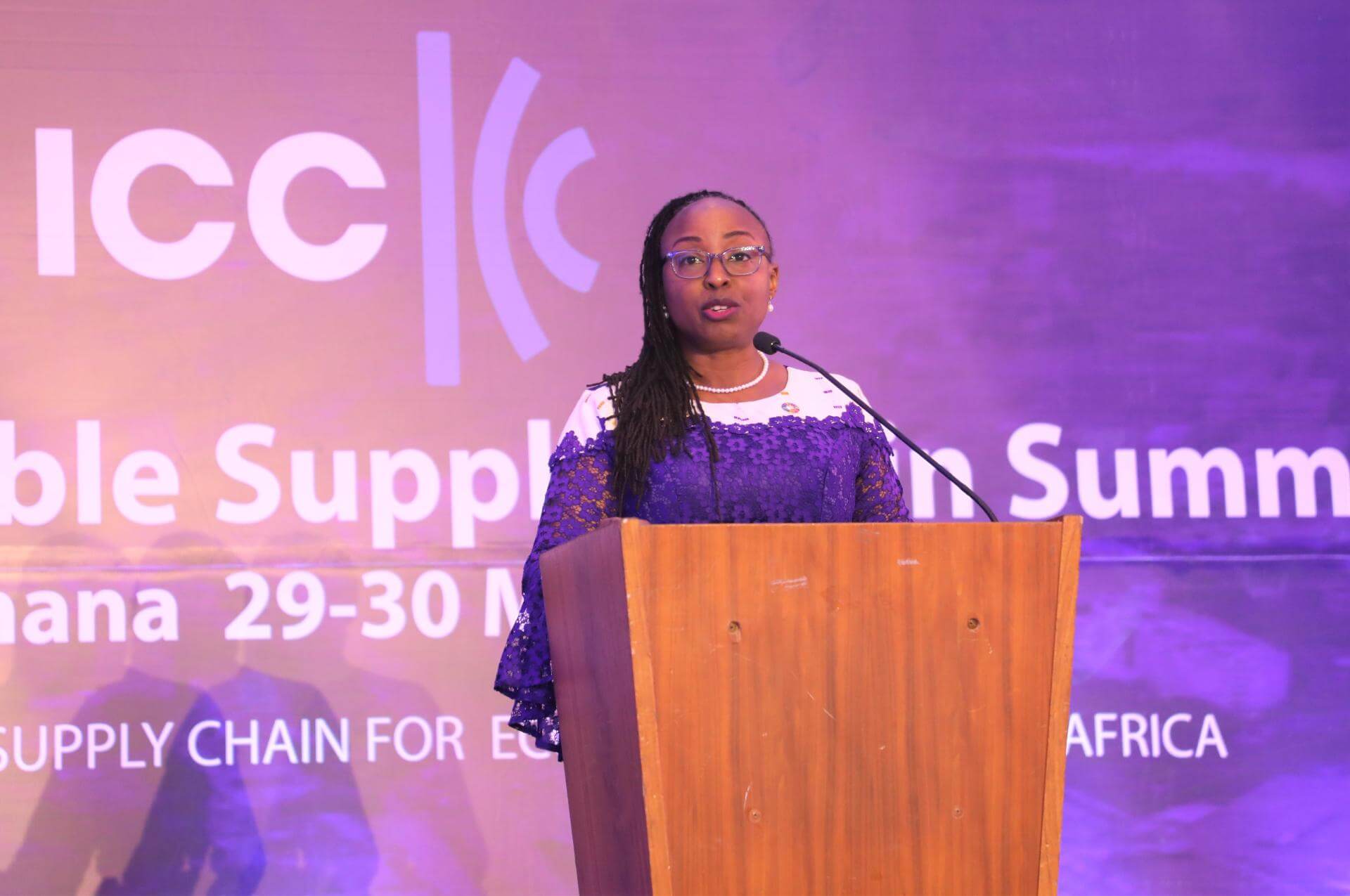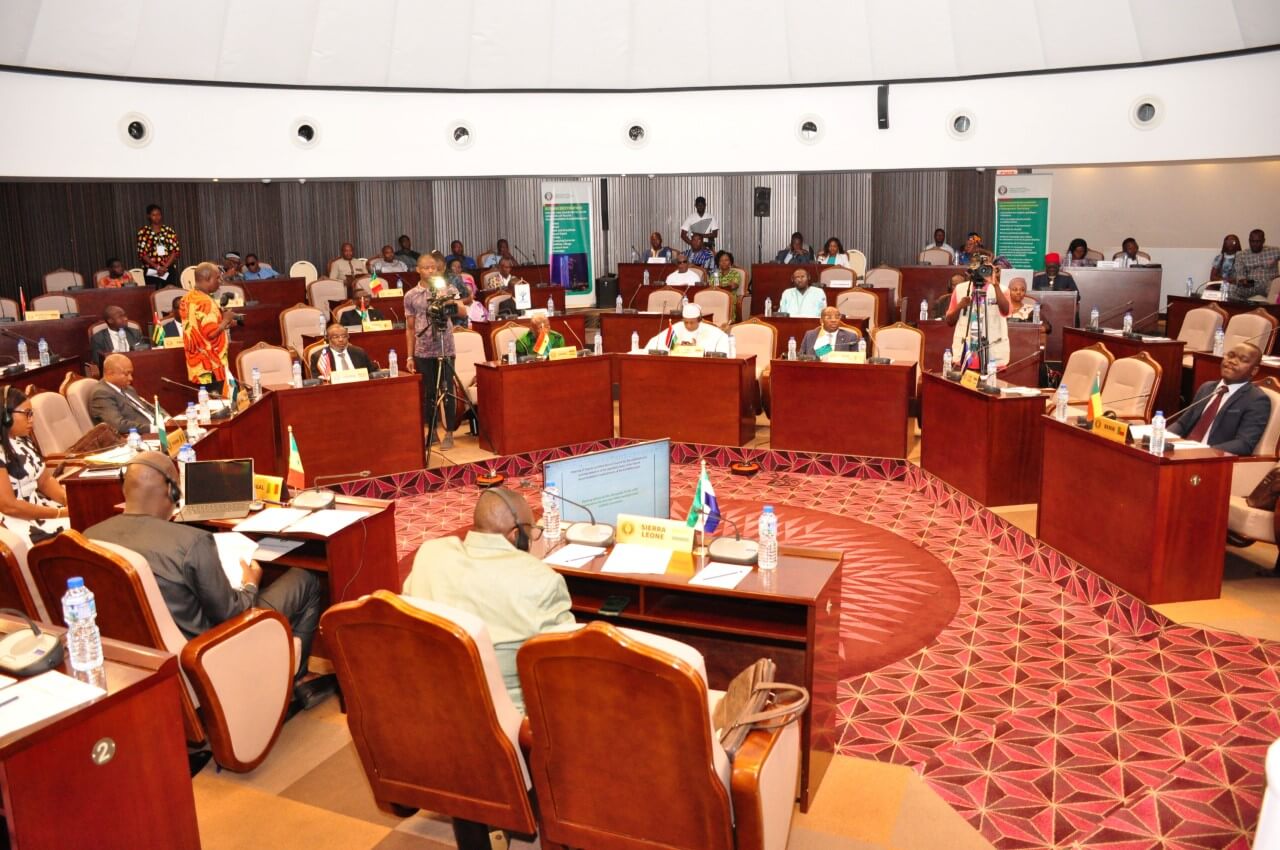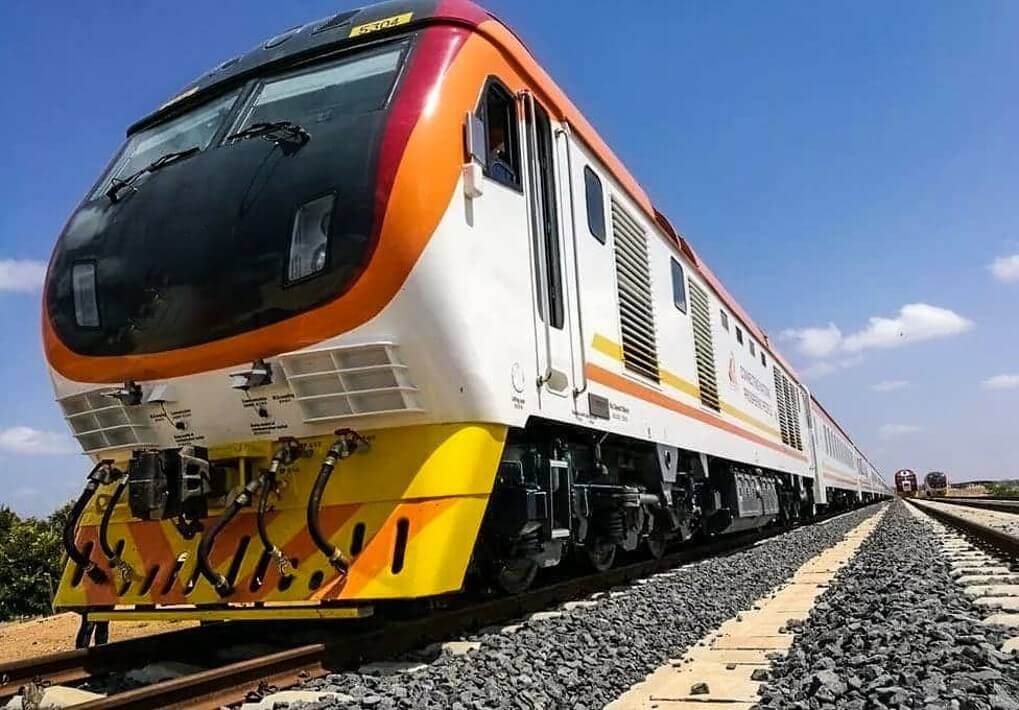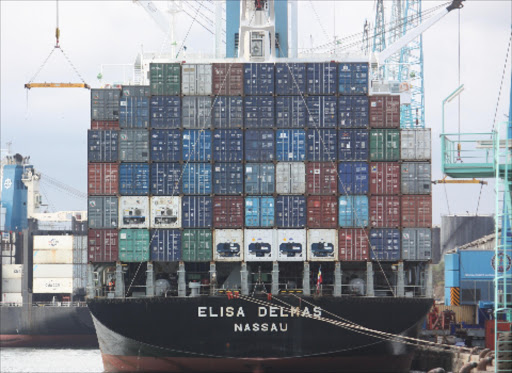Addis Ababa, April 26, 2023 (FBC) – African Continental Free Trade Area (AfCFTA) agreement will serve as a significant source of income to Ethiopia and other African countries, Minister of State at the Ministry of Trade and Regional Integrations (MoTRI), Kassahun Gofe, said. Awareness creation training to stakeholders regarding the African Continental Free Trade Area agreement, the negotiation process and its further implementation has kicked off today in Addis Ababa. The training is organized by the Ministry of Trade and Regional Integrations in collaboration with Trade Mark Africa, it is indicated. During his opening remarks, the Minister of State for Trade Integrations and Export Trade Promotion, Kassahun Gofe, emphasized that AfCFTA offers massive significance to Ethiopia and other African countries as a source of income. He pointed out that awareness raising on AfCFTA will be delivered in all regions as it is of great benefit to the implementation of the continental agreement. Read original article
AfCFTA Serves As Source Of Proceeds To African Countries: State Minister
Posted on: May 5, 2023
Posted on: May 5, 2023

